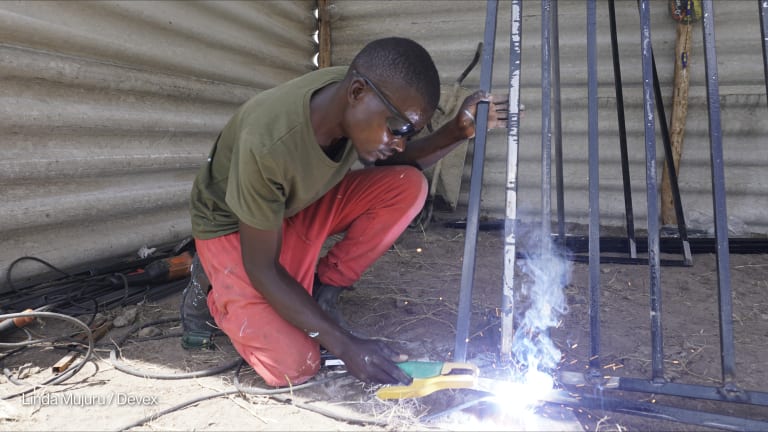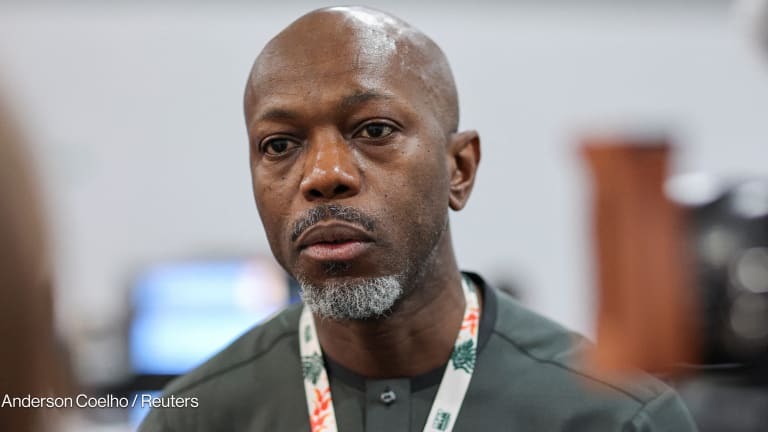It’s a worldwide cliché that young people are spendthrift souls who don’t look after their money very well. I certainly remember having to teach my own children a thing or two about counting pennies.
It’s another cliché to say that the poor are unable to save; they live a hand-to-mouth existence in which putting a little money aside just isn’t possible.
Combine the two, and you’ll find a powerful myth that the young and poor of the “global south” are, from the point of view of financial inclusion, a very difficult “nut to crack” — at least until they are a little older.
Printing articles to share with others is a breach of our terms and conditions and copyright policy. Please use the sharing options on the left side of the article. Devex Pro members may share up to 10 articles per month using the Pro share tool ( ).
Search for articles
Most Read
- 1
- 2
- 3
- 4
- 5








